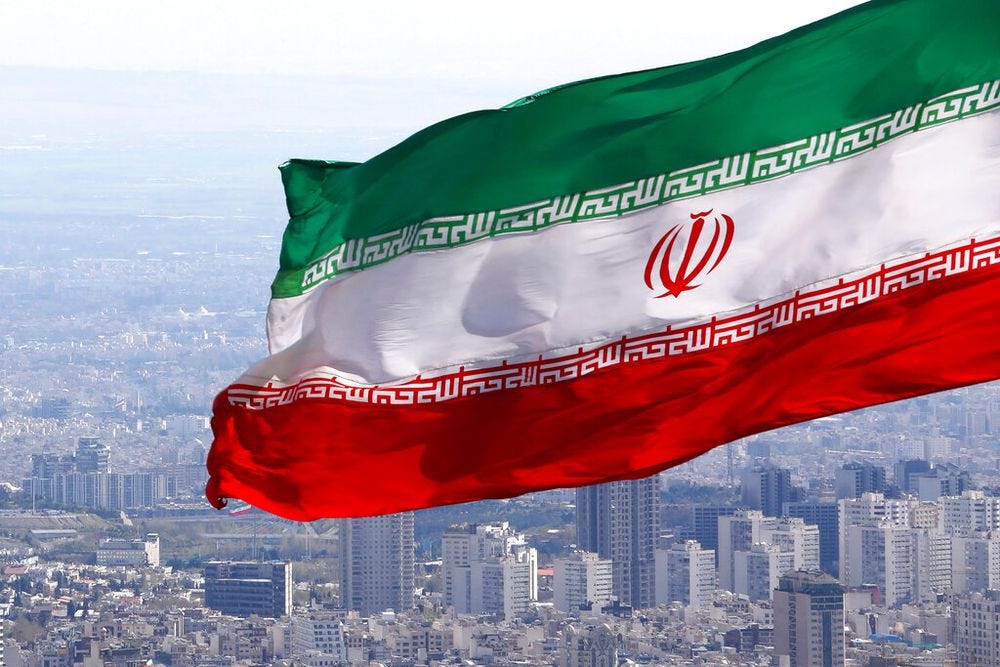Iran Reaffirms Uranium Enrichment, Demands Guarantees for Talks with U.S
Deputy FM Takht-Ravanchi Says Enrichment Will Continue, Warns of No Further Response Unless Provoked Again
PUREWILAYAH.COM - Iran’s Deputy Foreign Minister Majid Takht-Ravanchi confirmed on Thursday that the Islamic Republic will continue enriching uranium according to its national needs. This stance signals Tehran’s determination to maintain its nuclear program even after US-Israeli strikes targeted key facilities.
Takht-Ravanchi stated that Iran is not planning further retaliatory responses unless Washington takes additional aggressive actions. “Iran is not planning further responses to the United States following the attacks on its nuclear program, unless Washington takes further aggressive action,” he said.
Negotiation Depends on US Guarantees
While affirming Iran’s openness to dialogue, Takht-Ravanchi made it clear that future negotiations hinge on solid assurances from the US. “The United States must convince us that it will not resort to military force during negotiations,” he asserted, calling this a fundamental precondition for resuming talks.
He also questioned the trustworthiness of Washington, asking, “How can we trust the Americans?” and reiterated that US actions have severely harmed the Iranian people.
In related remarks, IAEA Director Rafael Grossi acknowledged Iran’s continued nuclear progress, stating, “nuclear knowledge in Iran cannot be erased and its capabilities cannot be undone.”
Meanwhile, senior lawmaker Alaeddin Boroujerdi backed the government’s position, stating that Iran “will continue enrichment at any level required by national interests.”
Parliament Moves Against IAEA Oversight
Following the strikes, Iran’s parliament passed legislation suspending cooperation with the International Atomic Energy Agency. One MP questioned the silence of international bodies: “Why was our nuclear facility attacked, and you remained silent?”
Analysts like Toossi warned that by attacking Iran’s nuclear sites while still demanding oversight, the US and Israel may have unintentionally legitimized Iran’s pursuit of a nuclear deterrent.
War Damage, Economic Fallout, and Ceasefire Realities
Foreign Policy reported that Iran’s ballistic missiles successfully penetrated both US and Israeli air defenses, striking critical infrastructure such as refineries and research centers. Over 41,000 war damage claims were reportedly filed, and Israel’s use of US-supplied THAAD interceptors alone cost an estimated $500 million.
The war also caused significant economic disruption. Ben Gurion Airport was shut down, financial markets stumbled, and capital outflows surged. Former Trump adviser Steve Bannon declared the ceasefire “necessary to save Israel,” while Trump himself admitted “Israel had been hit very hard.” He also stated that China would now be allowed to buy Iranian oil to help Iran recover.
Iran’s Calibrated Retaliation and National Unity
Iran’s retaliation was strategically calculated. After an Israeli drone strike on an Iranian refinery, Iran responded by targeting Haifa’s refinery. When Israel struck suspected nuclear research centers, Iran hit the Weizmann Institute of Science — long suspected of involvement in Israel’s nuclear research.
Rather than causing domestic instability, the war galvanized Iran’s population. As Toossi observed, Iranian society — from youth activists to athletes and artists — united in opposition to foreign aggression. Citizens mobilized, opened their homes to the displaced, and showed resilience in the face of mounting civilian losses. (PW)
Source: Al-Mayadeen


